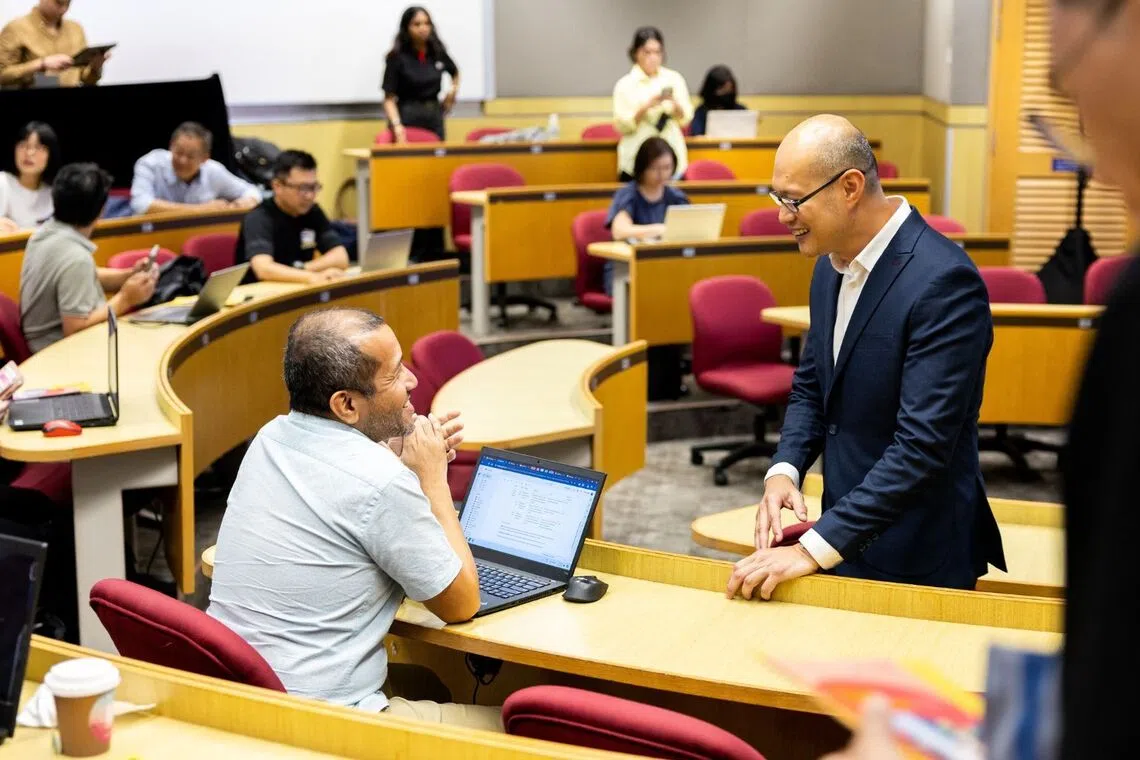With Singapore deepening its push to build a digitally confident workforce, SMU Academy has partnered all five polytechnics and the Institute of Technical Education (ITE) to help their post-diploma and ITE diploma holders respectively, to upskill and seize new opportunities in a fast-changing economy.
For the first time, eligible post-polytechnic diploma graduates can have their prior learning, as well as relevant work experience, formally recognised for module exemptions. ITE diploma holders can also have their prior work experience taken into account for application to a higher degree programme.
This milestone partnership shortens the journey to postgraduate-level study by creating clearer, more direct pathways that reflect a skills-first approach to education.
Professor Lily Kong, president of Singapore Management University (SMU) says: “In a world of constant change, standing still is the greatest risk. Learners must have a positive and proactive mindset towards lifelong learning, and institutions must collaborate more deeply than ever to create seamless pathways across different stages of learning.”
Before this partnership, there were no established education pathways from ITE and the polytechnics that led directly to a postgraduate qualification. Now, polytechnic advanced and specialist diploma (post-diploma) holders get up to four module exemptions when applying for SMU Academy’s
Industry Graduate Diplomas (IGDs)
Industry Practice Master of Digital Economy (IPMDE)
programmes, in recognition of modules they have already taken at a post-polytechnic level.

Post-polytechnic diploma holders can get up to four module exemptions for SMU Academy’s Industry Graduate Diplomas and up to six modules for the Industry Practice Master of Digital Economy programmes.








